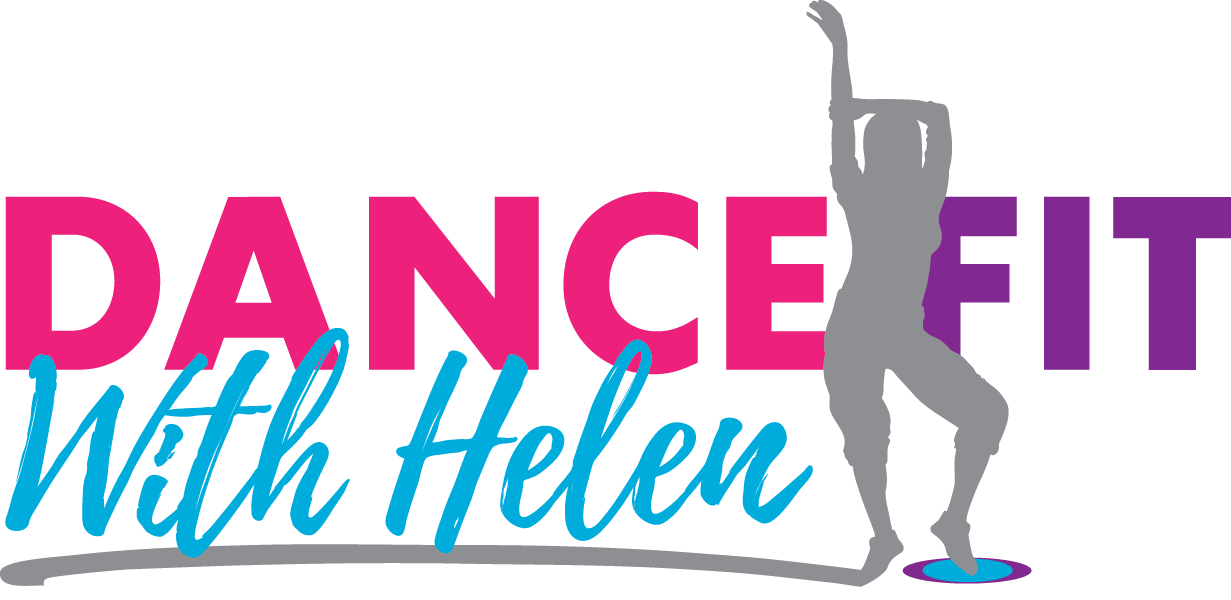They say money makes the world go round but how does spending money impact your health and fitness?
There is a popular belief that raising the cost of junk food and alcohol will discourage people from buying it. Another concept that has recently resurfaced is the idea that if we make plus size clothing more expensive it will encourage people to lose weight. In addition, many people firmly believe that if they pay out for a gym membership or pay for a block of exercise classes in advance it will make them go, “I’ve already paid for it so I’ve got to go!” But how true is this? Let’s take a closer look…
First and foremost the way people view money and how they spend it has a lot to do with how much they have of it! But that’s not all. I think a lot also depends on how you’ve been brought up and your personality. I for one am a stickler for trying to get my food shopping in each week under budget and get a real buzz when I do but that’s just me!
HOWEVER. If I want to treat myself or I’m going out for a meal or drinks I will spend. The expense will always be justified with it not being a regular thing, it being a special occasion, or my favourite, ‘I deserve it!’ You almost come to accept the price of some things even though they are expensive. You view it as the going rate and pay it. Other phrases that come to mind are, “you’ve got to enjoy yourself,” and “you only live once.”
This is why I think if you raise the price of say a chocolate bar or bag of crisps it doesn’t have a big effect. You will still pay it. Takeaways are far more expensive than home cooked meals most of the time but it doesn’t mean we don’t buy them. Prices of confectionery seem to have only gone up over the years but consumption seems to be up and inevitably obesity levels are up.
Let’s move on to talk of what has been called a ‘fat tax’ on bigger clothes. This makes for a more controversial debate. One argument I’ve heard is that bigger clothes cost more to make because they use more material. I don’t recall ever having to pay more for clothes from the tall section but I could be wrong. My opinion is that this is a form of prejudice because if you put the issue of obesity to one side, we don’t have any control over our physical frame, structure and in some cases size. I’ve also found it hard to understand how bras for example can be so expensive or feminine hygiene products. After all these are not luxury items, as women we didn’t choose to have breasts or a menstrual cycle, we were born this way!
But back to the main argument, would having to pay more for plus-size clothing encourage people to lose weight? I doubt it. All that will happen is people will just end up paying more for plus size clothes if they need them. People who need to lose weight for their health need motivation, support and encouragement. A ‘fat tax’ is just a punishment designed to make people feel bad about themselves. It doesn’t do anything for a person’s self-esteem and many put off starting exercise due to low-self-esteem.
Lastly, we come to the reluctant exerciser’s decision to sign up for a monthly or yearly gym membership or book a block of sessions in advance. You’ve paid all that money out so you’ll definitely go, right? Maybe that tactical choice to pay out does motivate you to get off your butt and get exercising. But I’ve heard time and time again about people paying for things and then not going, buying gym equipment and gear and not using it.
The problem is if you hate doing something you would probably pay not to do it given the option! Throwing money at exercise isn’t going to work if you don’t enjoy the exercise part itself. Find something you enjoy doing and you won’t have to pay for it in advance to force you to do it.
In my opinion upping prices isn’t the solution for encouraging people to eat better, much in the same way memberships aren’t the solution for motivating people to exercise. People need to work out why they want to live healthier and there is no one size fits all answer. It isn’t enough that they just ‘should.’


